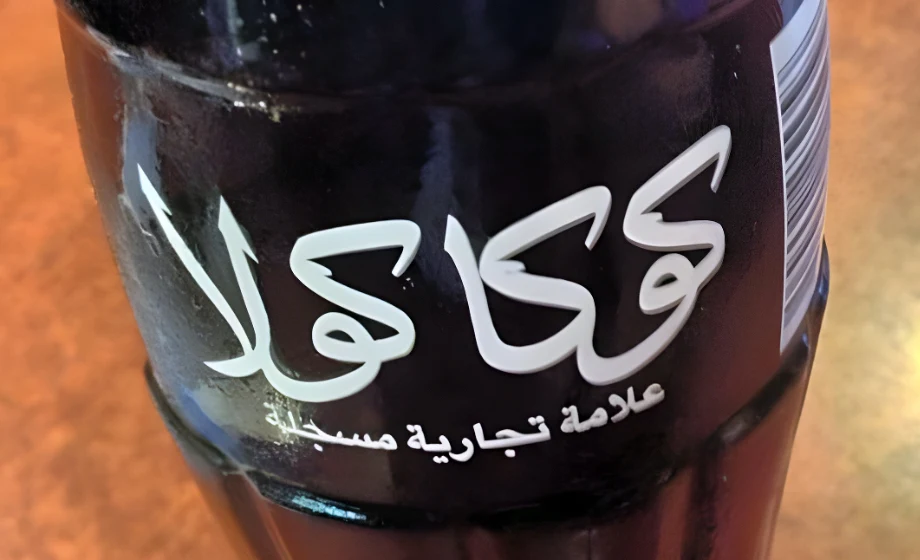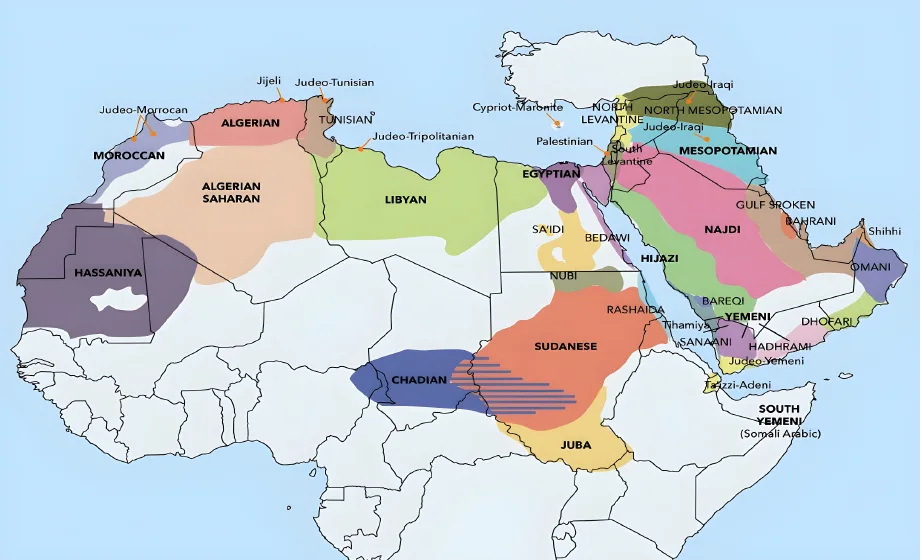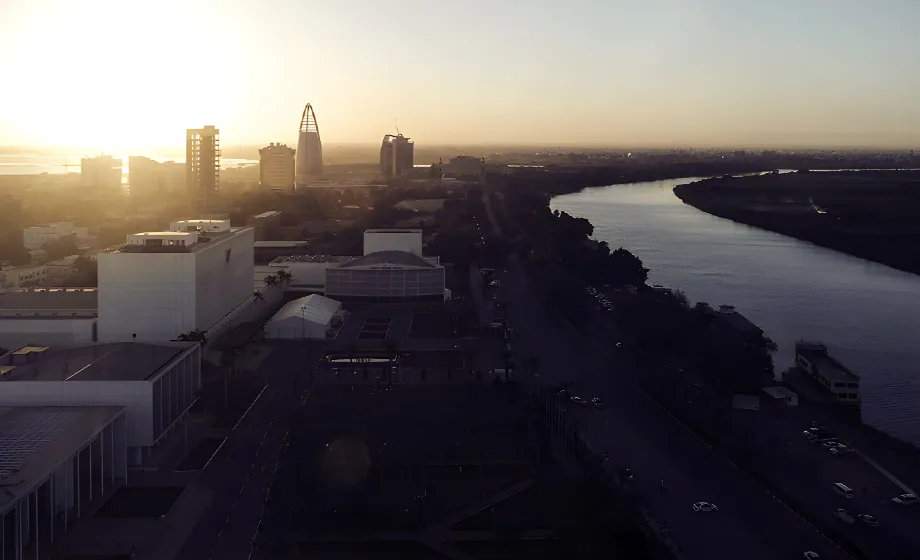If business abroad is complicated everywhere, the headaches for foreign firms can be bigger in Saudi Arabia than in most countries.
One of the major sources of confusion is the legal process. In particular, ensuring that a firm is protecting itself legally, especially in the wording of contracts.
Many firms assume that they are covering their bases because their highly skilled (and highly paid) lawyers back in the home office might spend more time reviewing contracts for work in Saudi than they would for work elsewhere. Maybe two months versus two weeks, for example.
This is a mistake and while work in Saudi may require more attention from the lawyers, more attention in itself does not ultimately mean that a firm is protecting itself.
Arabic — not English — Is the Language of Arbitration
Whether you’re a one-person consulting shop or a leading Fortune 500 company, if your company gets into a dispute over a contract inside KSA, the dispute will be arbitrated in Arabic, based on the contents of the Arabic version of the contract.
In essence, the Arabic version of the contract always supersedes the English version. The English version of the contract is essentially meaningless. Therefore, for work in Saudi Arabia, there really is a language factor that needs to be added to any discussion of legal protection.
Taking the Translation Process Seriously
While some firms are simply unaware that Arabic is the language of arbitration, other firms are, but then make the mistake of not taking the translation of contracts seriously enough (or of underestimating what good translation entails). They assume, for example, that it’s a mere formality. Not true.
Here are three important factors to consider:
- Not all English language legal concepts neatly translate into Arabic, and it goes without saying that a number of concepts from Islamic Law and Shariah – the rule of the land in the Kingdom – do not neatly translate into English.
- Arabic can be a more imprecise language than English. Especially when dealing with complicated technical or legal language, there can sometimes be multiple ways to translate certain concepts or ideas. And if there is more than one way to correctly say something, then there can also be more than one way to interpret something.
- Just as legal terminology varies slightly between English-speaking countries, the UK, the US, Canada, etc, it also varies between different Arab countries. Someone may have excellent knowledge of the Iraqi system, for example, and has done a great job translating the contracts for your projects in Baghdad, but they are not necessarily going to know the terms for Saudi or other countries in the Gulf. (The American writer of this article couldn’t easily understand 1/3 of the dialogue of this British film. The variations between Arab dialects are at least as great).
So what’s the takeaway here for firms looking to set up shop in KSA?
True legal protection for work done inside Saudi Arabia requires more than just high-level review by your lawyers back in the home office. It also requires a serious effort to translate the same contract into Saudi Arabic, so that you can be confident that it says exactly what you think it says and uses the proper terminology for the Saudi system.
If you’re ready to begin or discuss a translation project, just press the button below for your free translation quote. We strive to get a personalized project quote back within 30 minutes during normal business hours (Monday – Friday 8-6 EST).


